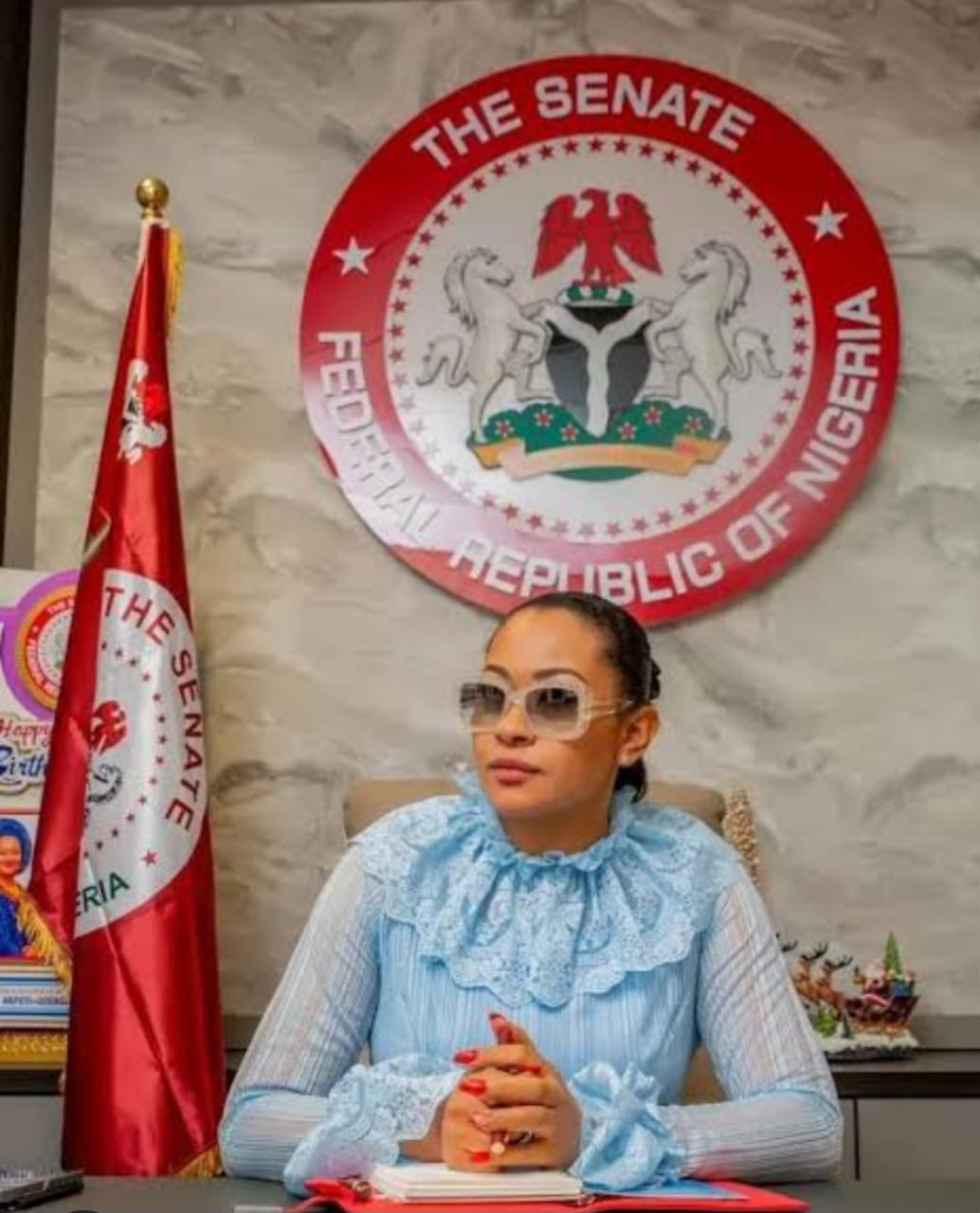Civil society organisations have called on President Bola Ahmed Tinubu to immediately declare the widespread violence against women and the escalating femicide crisis in Nigeria “a national emergency and threat to national security.”
They also weighed in on the ongoing controversy between Senator Natasha Akpoti-Uduaghan and Senate President Godswill Akpabio and condemned her suspension by the Upper Chamber of the National Assembly.
In a joint statement issued on the occasion of International Women’s Day (IWD) 2025, the organisations emphasised that this year’s theme, “Accelerate Action,” speaks to the urgency of dismantling entrenched structures of violence and patriarchy, and oppressive norms that continue to endanger the lives of women and prevent them from realising their full potential.
The CSOs stated that “Despite Nigerian women’s historical and ongoing contributions to national development, they remain systematically undermined, subjected to unchecked violence, and forced to live in fear in many instances.”
According to them, Femicide, which manifests as the deliberate killing of women and girls simply because of their gender, has recorded an alarming growth in recent times.
“Since the start of 2025, nearly 30 women have suffered gruesome murders, but these are only the cases that made it to the public eye. Countless others remain unheard, their stories buried by silence, institutional neglect, and impunity.” The CSOs said.
Ngozi-Juba Nwosu, Executive Director, VisionSpring Initiatives noted that many of these killings have been carried out by those closest to them; intimate partners, family members and trusted relatives.
The CSOs stated that these attacks on women, form part of a deeper crisis that demands urgent and decisive government intervention.
“These reprehensible attacks should unsettle every person with a conscience. Women are the backbone of economies and entire communities. When they are constantly under attack, our nation suffers. Women constitute about 49.5 percent of Nigeria’s population—no society can prosper when nearly half its citizens live in perpetual fear of extermination,” said Betty Abah, Executive Director, Centre for Children’s Health Education, Orientation and Protection (CEE-HOPE).
Factors That Promote Femicide
Interrogating the factors that promote gender-based violence and femicide in Nigeria, the organisations identified lack of access to education, insecurity, institutional misogyny—reinforced by weak legal frameworks and poor law enforcement—as key enablers.
They further said that “Domestic and intimate partner violence remains rampant, fuelled by cultural and religious beliefs that uphold male dominance and discourage women from exiting abusive relationships. Economic disempowerment further exacerbates the crisis, as poverty and limited access to resources often leave women vulnerable to exploitation and fatal violence.”
Additionally, the prevalence of ritual killings across the country persists, often justified by superstitious beliefs and wealth-seeking practices.
“This is why we welcomed the National Film and Videos Censors Board’s (NFVCB) historic 2024 legislation prohibiting the glamourisation of smoking and ritual killings in Nollywood films. This policy shift aligns with our longstanding campaign to cleanse our screens of narratives that normalise and reinforce an unhealthy culture. The Regulation, though a step in the right direction, is far from sufficient,” said Zikora Ibeh, Assistant Director, Corporate Accountability and Public Participation.
The CSOs stressed that tackling the crisis of gender-based violence, ritual killings and femicide requires a multi-layered approach that goes …


